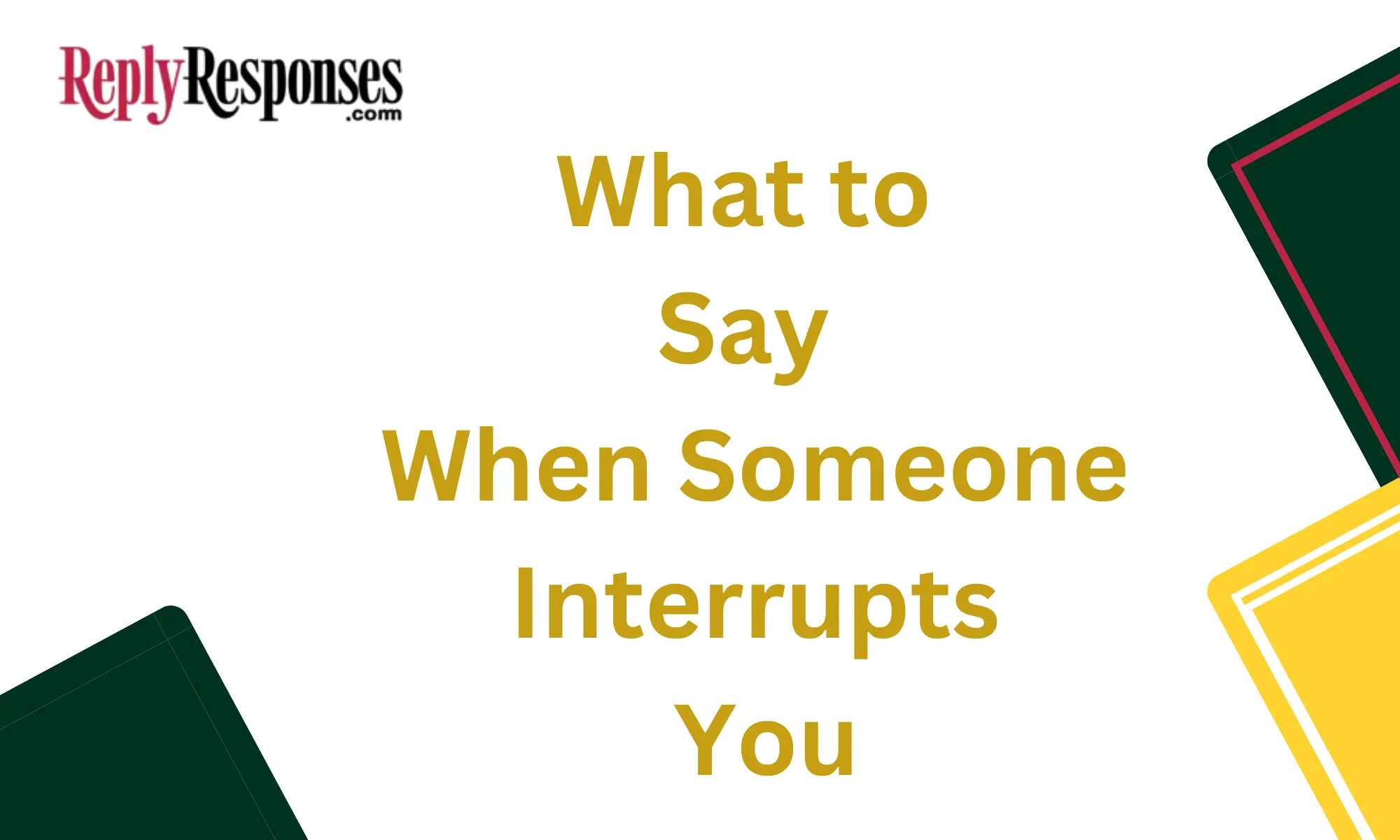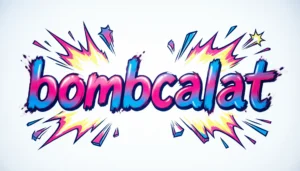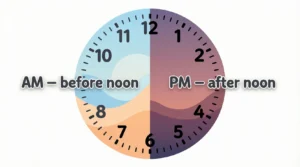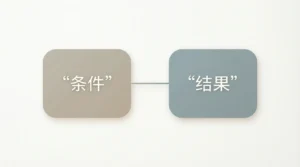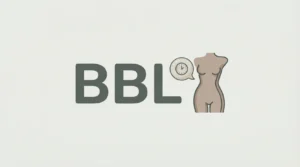Being interrupted during a conversation can be frustrating, but how you respond can help maintain control of the situation while keeping things polite and professional. Whether you want to gently remind the person of their interruption or assert yourself with more direct language.
“Dealing with interruptions can be tricky! Discover polite yet assertive ways to handle someone cutting you off while keeping the conversation on track.”
Here are 28 ways to handle interruptions.
Responses When Someone Interrupts You
1. “Excuse me, I wasn’t finished.” 🚦
Scenario: When you want to assertively but politely continue.
Impact: Maintains control while being respectful.
2. “Hold on a second, I just want to finish my thought.” 🛑
Scenario: If you’re almost done and want to complete your point.
Impact: Gentle reminder without being confrontational.
3. “Can I finish what I was saying first?” ⏳
Scenario: For a more direct and firm approach.
Impact: Shows assertiveness while staying polite.
4. “I’d love to hear what you have to say, but let me finish quickly.” 🗣️
Scenario: When you acknowledge their eagerness to speak, but still want to finish.
Impact: Keeps things respectful and balanced.
5. “Please let me complete this, and then I’ll hear you out.” ✋
Scenario: When you need them wait until you’re done.
Impact: Polite yet firm.
6. “I wasn’t quite finished, if I may continue…” 🎙️
Scenario: When you want to stay professional but maintain control.
Impact: Formal and assertive.
7. “Sorry, I’d like to finish my point first.” ⚡
Scenario: A brief and direct way to reclaim the conversation.
Impact: Quick and assertive without being rude.
8. “I’d appreciate it if you could let me finish my thought.” 🌟
Scenario: When you want to assert yourself while remaining polite.
Impact: Gracious yet firm.
9. “Let me just wrap this up, and then it’s all yours.” 🎯
Scenario: When you’re nearly done and want to keep it collaborative.
Impact: Friendly yet in control.
10. “I’d love to hear your thoughts, but can I finish first?” 💬
Scenario: A polite way to ask for space to finish your point.
Impact: Respectful and diplomatic.
11. “I was just about to make my point—let me finish, then it’s your turn.” 🎤
Scenario: For a more structured, take-turns approach.
Impact: Calm and professional.
12. “One moment, I just need to complete my sentence.” 📝
Scenario: A simple and direct way to continue speaking.
Impact: Polite and firm.
13. “I understand you want to contribute, but please let me finish first.” 🔄
Scenario: When the other person is eager but you still need to finish.
Impact: Balances control with understanding.
14. “I’m almost done—just give me a second to finish my thought.” 🕑
Scenario: If you’re close to finishing and don’t want to lose your train of thought.
Impact: Polite and assertive.
15. “Could you hold on a second? I wasn’t quite done yet.” ⏸️
Scenario: A gentle way to pause the interruption.
Impact: Friendly and firm.
16. “I’d like to finish before we move on.” 🛤️
Scenario: A firm way to keep the conversation on track.
Impact: Assertive but respectful.
17. “I’m happy to discuss that, but let me finish my point first.” 🧠
Scenario: When the other person introduces a new idea mid-sentence.
Impact: Keeps the focus on your thoughts.
18. “I hear you, but let me complete this first.” 🛑
Scenario: A quick acknowledgment followed by a request to continue.
Impact: Respectful and assertive.
19. “Let’s not get ahead of ourselves—let me finish my point first.” 📅
Scenario: When someone jumps in too quickly with a new idea.
Impact: Professional and composed.
20. “Sorry, I wasn’t quite done—let me finish and then I’m all ears.” 👂
Scenario: A polite but clear way to regain the floor.
Impact: Friendly but firm.
21. “If I could just finish my sentence, then I’d love to hear your thoughts.” 🔗
Scenario: When you want to make sure your point is heard first.
Impact: Balanced and respectful.
22. “Just a moment, I need to finish what I was saying.” ⏲️
Scenario: A quick and firm response to reclaim the conversation.
Impact: Short and to the point.
23. “I appreciate your input, but I wasn’t quite finished.” 🤔
Scenario: For when you want to acknowledge their interruption but continue speaking.
Impact: Calm and respectful.
24. “I’ll let you jump in as soon as I finish my point.” 🛬
Scenario: To keep the conversation organized and clear.
Impact: Friendly and structured.
25. “I just need another moment to wrap this up.” 🕰️
Scenario: A gentle way to ask for space to finish speaking.
Impact: Polite and clear.
26. “I’m almost there—let me finish this and then I’m all yours.” 🏁
Scenario: If you’re nearing the end of your thought.
Impact: Friendly and cooperative.
27. “Just a sec—let me wrap up my thought.” 🧵
Scenario: A casual yet assertive way to regain control.
Impact: Brief and polite.
28. “Can I finish my point? Then we can discuss yours.” 🔄
Scenario: If they try to introduce a new point while you’re still talking.
Impact: Direct and fair.
FAQs
How can I politely address someone who interrupts me?
- Learn polite phrases to regain control of the conversation.
What are effective ways to handle interruptions in meetings?
- Tips for professionally addressing interruptions at work.
What should I say to stop someone from interrupting me?
- Phrases to assertively handle interruptions in real-time.
How can I make my point when someone keeps interrupting?
- Strategies to ensure your voice is heard despite interruptions.
What are some witty responses to frequent interrupters?
- Clever comebacks to deal with constant interruptions humorously.
How do I respond when someone interrupts rudely?
- Tactful ways to address rudeness without escalating the situation.
What are professional ways to respond to interruptions during presentations?
- Techniques to stay composed and handle interruptions while presenting.
How can I stop interruptions without offending the other person?
- Diplomatic approaches to maintain a smooth conversation flow.
What should I do when someone interrupts a group discussion?
- Tips for managing group dynamics and refocusing the conversation.
How can I teach someone to respect conversational turns?
- Gentle yet effective methods to encourage better communication habits.

Stuck on what to say? ReplyResponses.com gives you clever, funny, and savage comebacks for every moment — because silence isn’t golden when you can drop a perfect reply!
